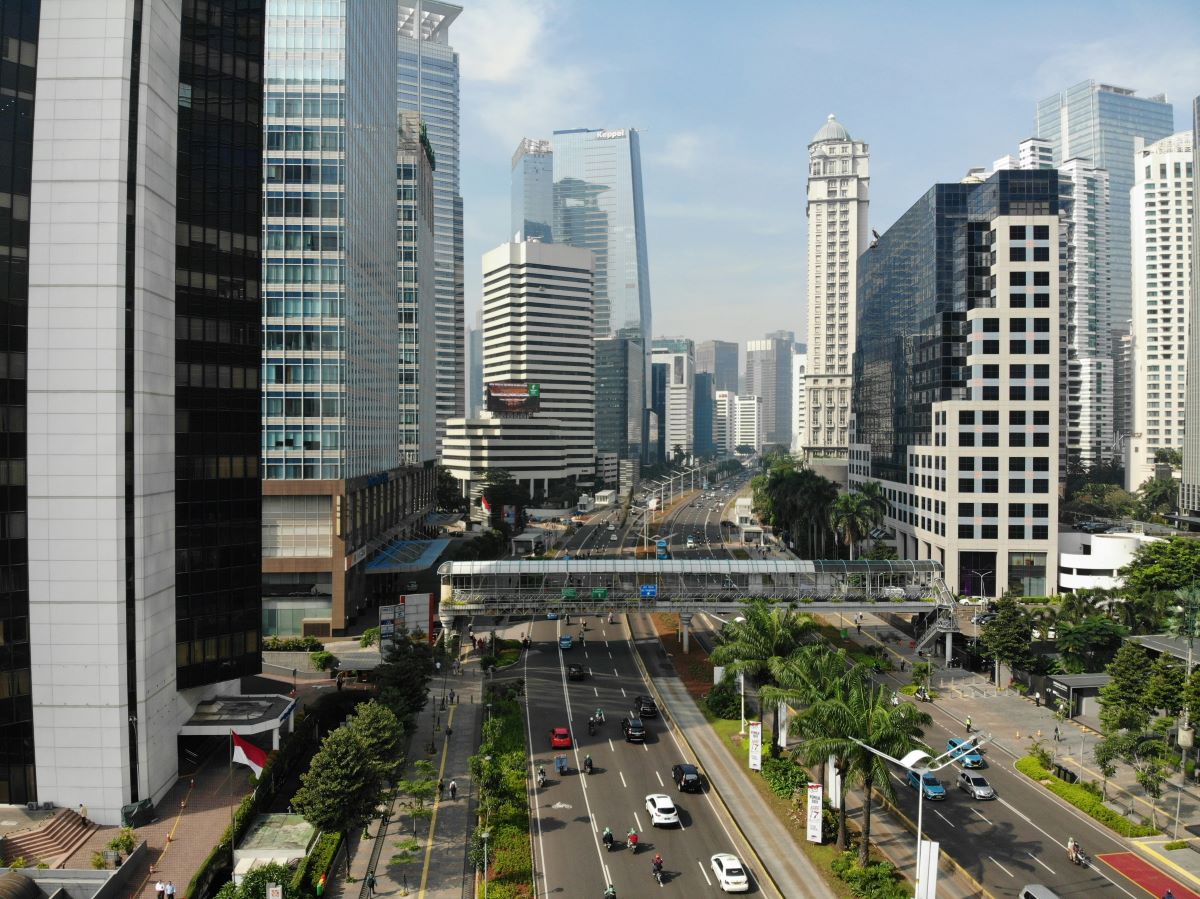Indonesia must create a more attractive investment climate, simplify regulations, and most importantly, set up equitable infrastructure in order to realise the country’s vision of becoming a data center hub in Southeast Asia, said Denny Setiawan, the Director of Digital Infrastructure Policy and Strategy of the Ministry of Komdigi recently as reported by local papers. “The government needs to offer tax incentives for providers and customers of data centers,” he said in a statement.
“The convoluted licensing process also needs to be simplified. It is also important to have data integrated nationally to create a more targeted data center development roadmap in the future,” he added. This is to make Indonesia more competitive when benchmarking against neighbouring countries like Malaysia, Thailand, and Vietnam, he said. However, he added that the incentives must be accompanied by certainty in long-term policies in order to inspire confidence among foreign investors to invest in the country.
Indonesia is now at a crossroads to digital dominance in Southeast Asia. The surge in data center demand is driven by increasingly massive digital evolution, from artificial intelligence (AI), the Internet of Things (IoT), to smart cities.
With the potential of a digital economy estimated at US$365 billion by 2030 with data center business contributing US$ 5.82 billion, the data center industry is a crucial upstream industry that determines the future of the nation. However, despite being a major player in the region, Indonesia’s data center capacity still fell far short of the ideal to becoming a key regional data center hub.
Gidion Suranta Barus from Lintasarta, a data center service provider, said the country’s data center development is too centralised in Jakarta with 55 per cent of all data centers in Indonesia concentrated in the capital. This creates a risk burden and prevents equitable infrastructure, he said.
Gidion emphasized that collaboration between the government, industrial estate developers, and data center service providers such as Lintasarta is vital. “With the right policies, Indonesia can capitalise on this enormous potential, not only to achieve a target capacity of 2,700 megawatts, but also to realize equitable digital economic growth across the country.”
Meanwhile, chairman of Indonesia Data Center Provider Organization (IDPRO) Hendra Suryakusuma specifically highlighted the significant potential in Eastern Indonesia, which still lacks adequate infrastructure, particularly reliable fiber optic cable networks. “Eastern Indonesia needs more adequate infrastructure, including improvements to fiber optic cables for better internet connectivity to support data center operations,” Hendra said.



